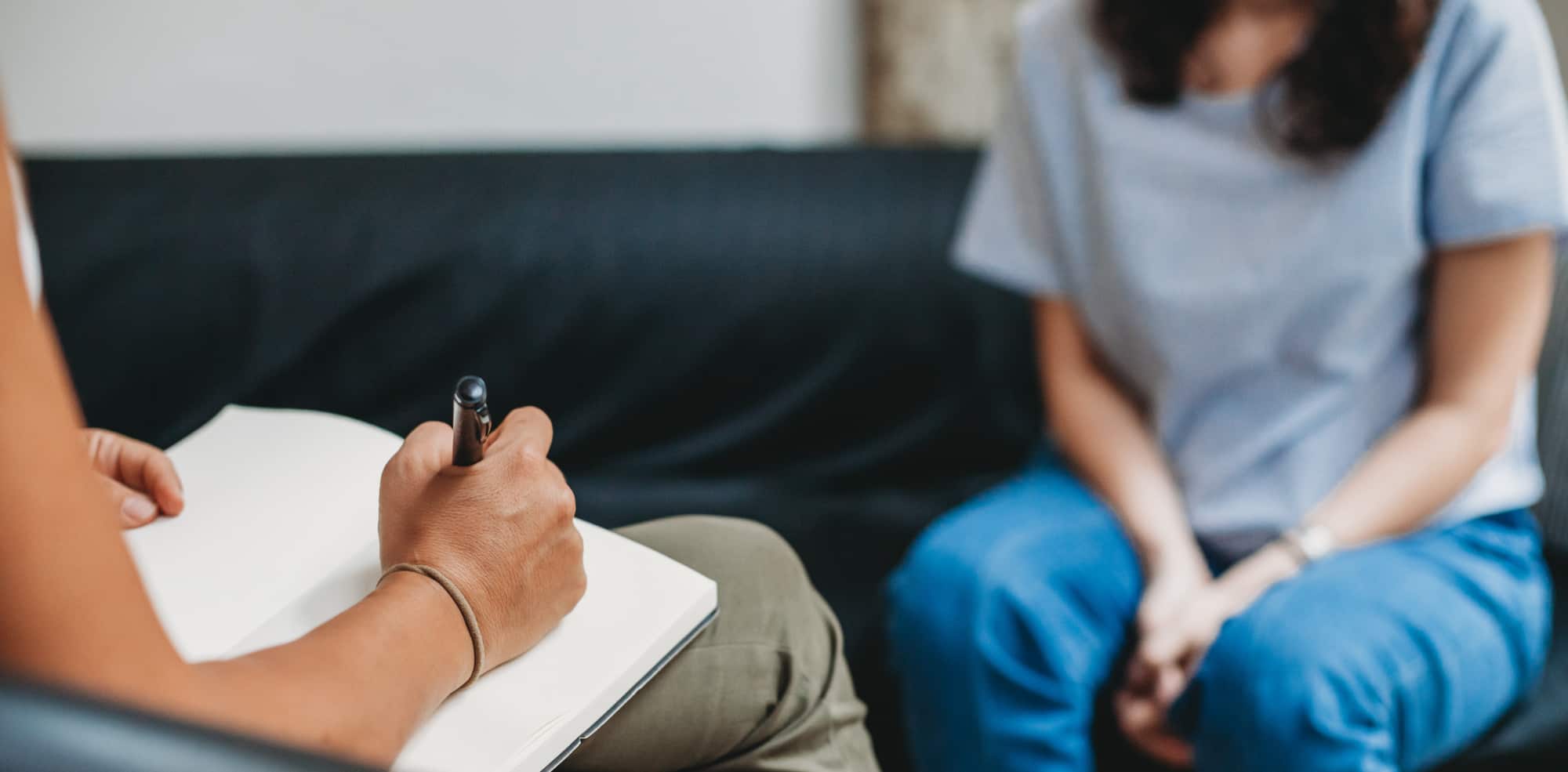Group therapy isn’t just another checkbox on the road to recovery; it’s a lifeline. A room full of people just like you, battling similar demons, sharing their raw stories, offering encouragement, and showing up for each other. This is where healing starts to feel real. Here, we are going to look at a few group therapies in outpatient treatment and understand their role in your rehab options in the South Bay area.
Group Therapies in Outpatient Treatment
Group therapy is one of the bedrocks of outpatient addiction treatment. And it goes a lot deeper than sitting around sharing stories. This time is about finding practical ways to stay sober while surrounded by people who get it. Giving advice, getting it in return, and finding solace in the common journey.
What Is Group Therapy for Addiction?
Imagine sitting in a circle of people who are wrestling with the same kind of pain and confusion (in many cases, destruction) that you are. A therapist guides the conversation, but the deeper help happens when you realize someone across the room is voicing the same thoughts you’ve been too afraid to say out loud. Or maybe didn’t have the words to voice.
Group therapy in outpatient treatment is about letting those thoughts out into the open, where they can’t hold the same power over you anymore.
Outpatient group therapy is even more powerful because it meets you where you are—literally. In outpatient rehab, you still live your life, and you still face the everyday pressures and temptations, but with the help of group therapy, you’re not doing it alone.
You have this community of people, in real-time, to help you practice what you’re learning. It’s like finding a bit of air in what might feel like a stifling, overwhelming world.
How Does Group Therapy Help?
There’s something almost magical about sitting with a group of people who are battling the same kind of chaos. You hear your struggle in someone else’s voice, and suddenly, it feels less lonely, less like you’re climbing a mountain all by yourself.
Studies even back this up: group therapy can be as effective, or even more effective, than one-on-one sessions.
Here are a few stats to make it clear:
- 70% of people in group therapy feel more connected and supported than those in individual counseling alone.
- 60% of regular group attendees have better chances of staying sober long-term.
- The National Institute on Drug Abuse found that group therapy reduces relapse rates by up to 50%.
Five Types of Outpatient Group Therapies You Might See
- Cognitive Behavioral Therapy (CBT) Groups:
These are for when your mind feels like an endless loop of negativity. You’ll learn to catch those destructive thoughts before they spiral and turn them into healthier patterns.
Best for: Anyone caught in a cycle of self-doubt or feeling triggered all the time.
- Psychoeducational Groups:
Think of these as addiction crash courses. You’ll learn the science behind addiction, what it does to your brain, and how you can fight back with real strategies.
Best for: People early in recovery, looking for answers. - Support Groups:
These are less structured and more about shared experience. There’s something incredibly powerful about simply hearing someone say, “I’ve been there too.”
Best for: When you need to feel seen, understood, and connected to others at all stages of recovery. - Relapse Prevention Groups:
These are for when you’re doing well, but those whispers of a falter start creeping in. You’ll work on solid strategies to stay strong and learn to spot the warning signs early.
Best for: Those further into recovery who need to stay vigilant. - Family Therapy Groups:
Addiction doesn’t just hurt you; it ripples through the people you love. These groups help rebuild those bridges with honesty, healing, and better communication at the core.
Best for: Anyone trying to repair relationships damaged by addiction.
Why Does Group Therapy Work?
It works because of connection. Addiction thrives in isolation, feeding on shame and secrecy. But when you sit in a group, you realize you’re not the only one. The weight you’ve been carrying doesn’t feel quite as heavy when others are lifting it with you.
- Peer Support: There’s power in knowing you’re surrounded by people who understand.
- Accountability: It’s easier to keep going when you know others are cheering you on or when they need you to show up, too.
- Practical Skills: You’re learning and practicing things that actually help you handle real-life problems.
- Community: Addiction pulls you away from everything; group therapy pulls you back in.
Outpatient Group Therapies in Palos Verdes
If you’re ready to make a change, group therapy could be the step that gets you there. It’s not just about sitting in a circle and talking.
It’s about healing together. Reach out to Peninsula Health Center today and see how this could be the support system you’ve been waiting for. You don’t have to figure this out on your own. You’re not alone in this. Call now: 866-934-8228.






